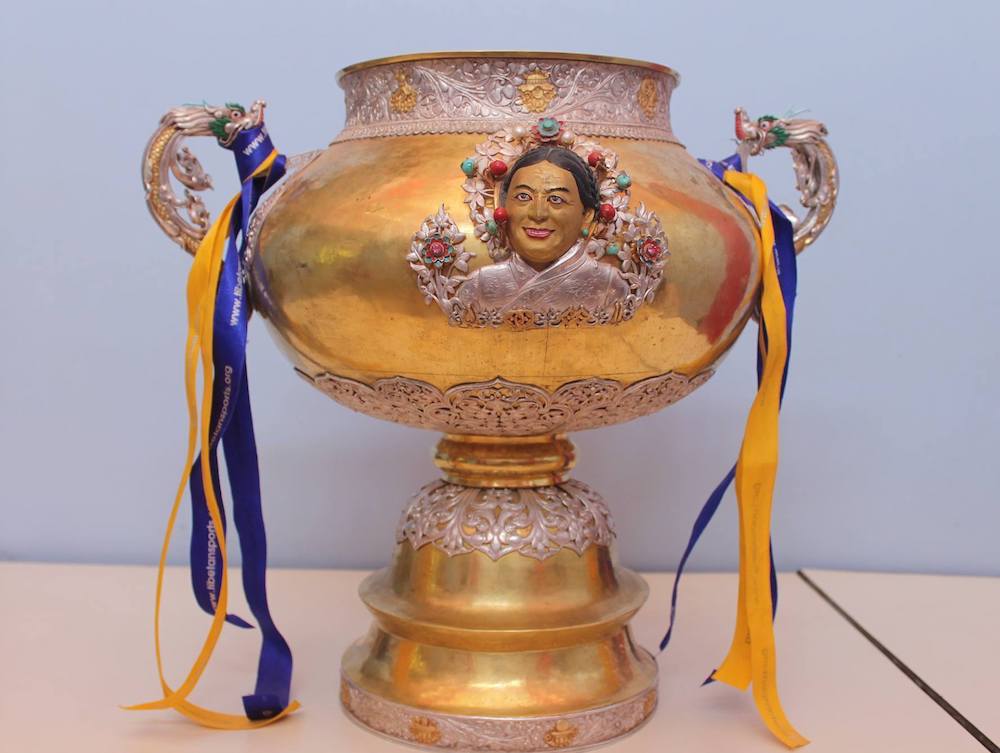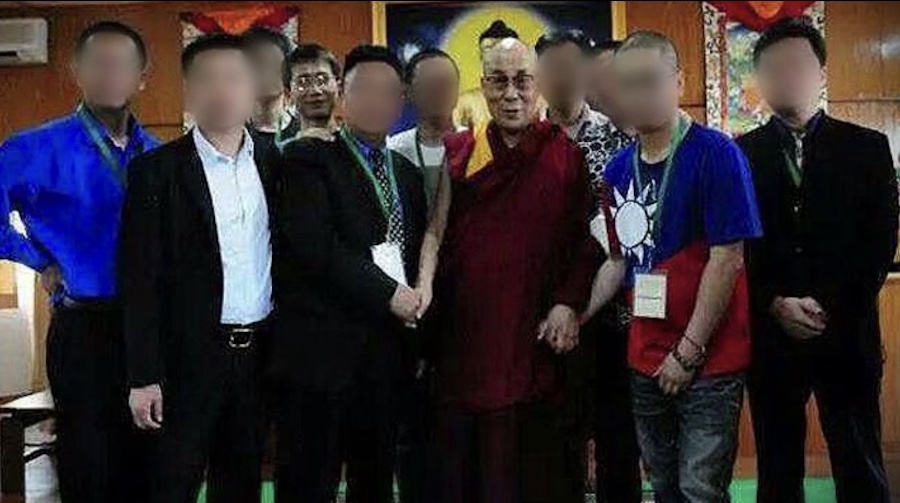Leading Tibetan Buddhist religious teachers meeting in India have urged Tibetans to give up vices they say are common in the Himalayan region, including drinking and gambling.
The leaders, meeting in the northern Indian town of Dharamsala where the Tibetan government-in-exile is based, cited alcohol consumption, gambling, fighting and smoking as the worst habits of Tibetans.
“Alcohol is considered to be the root cause of sorrow,” Trushu Rinpoche, a well-known teacher in the Nyinma Buddhist tradition, told RFA’s Tibetan service.
“Even our teacher Lord Buddha cited several instances of sins committed due to the consumption of alcohol. It causes problems to our body and mind,” Trushu Rinpoche said, calling on all Tibetans who indulged in alcohol to reduce their intake gradually and then give it up.
“Excessive indulgence in gambling has serious consequences in life,” he added, saying that gambling was already a widespread problem before the Chinese annexation of Tibet in 1950.
The leaders were joining prayers for the long life of the Dalai Lama, who fled Tibet after a failed uprising against Chinese rule in 1959. They also hinted that social problems among Tibetans were the result of deep unhappiness under Chinese rule.
Concerted effort needed
Karmapa Rinpoche, head of the Karma Kagyub school of Tibetan Buddhism, said he too had heard of widespread gambling, drinking, and smoking.
“I think these social problems need to be addressed by the world community in general and the Tibetan community in particular. At the same time we must understand that there could be many factors and situations which led to these indulgences.”
But he said responsibility still lay with the individuals concerned.
“One should avoid self-deception and instead develop self respect. It is the nature of mind not to practice what you were told to do by others unless one faces a real situation. Therefore it is very important to realize the real situations which result from these excessive indulgences,” he added.
Sakya Rinpoche, head of the Sakya tradition, called on all Tibetans, and youths in particular, to stay physically and mentally healthy.
“There are a variety of distractions for the public in general and youths in particular in Tibet. Those are gambling, night clubs, and games. Addictions to these distractions are very damaging,” he said.
“I am really worried about such indulgences.”
Violence reported
According to Gaden Thron Holder, head of the Gelugpa tradition, gambling also led to violence among Tibetans.
“I heard many Tibetans arm themselves with swords while gambling, which leads to fights and deaths. All Tibetans should avoid such behaviour,” he said.
The Dalai Lama has accused Beijing of perpetrating “cultural genocide” in Tibet.
The Chinese government repeatedly denies allegations that it practices a policy of population transfer into Tibet, saying the total number of Han Chinese in Tibet is 80,837 (3.7 percent of the total population), compared to a Tibetan population of 2.196 million.
But international groups estimate the total number of Chinese at three to four times that figure.
Analysts say the completion of the Qinghai-Tibet rail link has brought a huge additional influx of economic migrants from Chinese heartlands to the formerly remote region, the full impact of which has yet to be felt.
Original reporting by RFA’s Tibetan service. Translated by Karma Dorjee. Written for the Web in English by Luisetta Mudie and edited by Sarah Jackson-Han.









